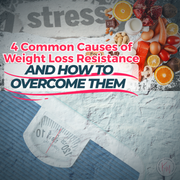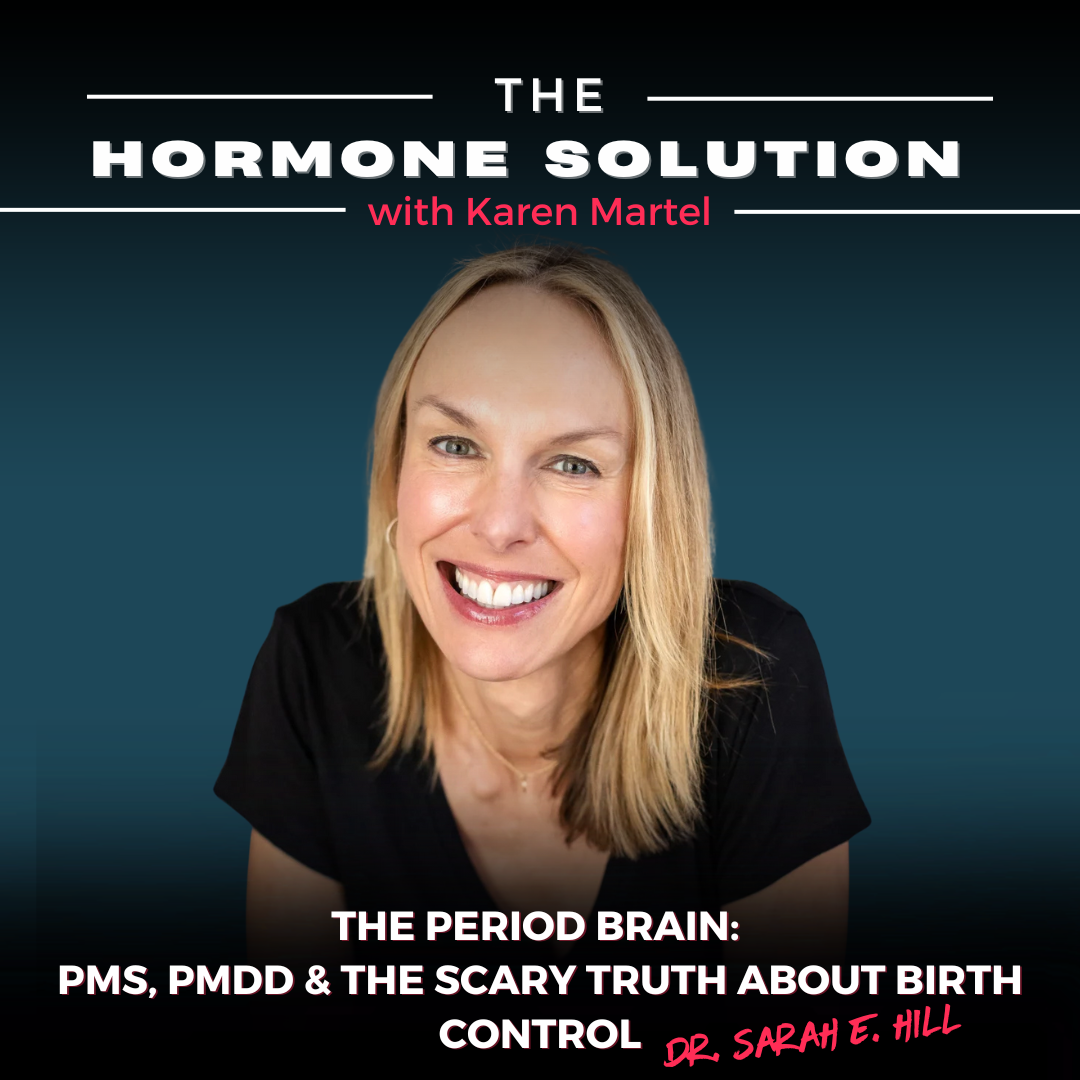You have tried every diet under the sun, work out endlessly and yet you still can’t lose weight?
There is nothing more frustrating for a woman who is making a solid effort to drop unwanted pounds to find nothing happening, or worse yet, actually gaining instead of losing! I want to assure you that all is not lost! With the right interventions and a little trial and error, I have watched many women with hypothyroidism lose weight in my practice. It is possible!Get that number moving down...
Today I am sharing with you my top three interventions that work well to help get that number moving down on the scaleplus a 1 week Thyroid optimizing meal plan for weight loss!1. Diet
Unfortunately most main stream medical diets are NOT a good fit for someone with hypothyroidism. Many healthy foods can worsen thyroid symptoms by creating inflammation and attacking the thyroid gland!-Limit goitrogenic foods to 1 serving or less a day such as broccoli, cauliflower, cabbage, bok choy and kale. Goitrogenics can increase the need for iodine or damage the thyroid they are less harmful when cooked or steamed. However should NOT be completely avoided as consuming these foods in moderate quantities actually supports thyroid function.
-Studies show an estimated 90% of hypothyroid cases are autoimmune Hashimotos disease (often undiagnosed) . This causes the immune system to attack and destroy the thyroid, which over time causes a decline in thyroid hormone levels. Many women will tell you that going on thyroid medication did nothing for the weight and that is partly due to the fact that they don’t address the underlying cause of the problem, which is the immune system attacking the thyroid gland.
It is then key to treat hypothyroidism as an autoimmune disease and avoid problem foods that may trigger an autoimmune response. Certain foods like nightshade vegetables, eggs, wheat and dairy may exacerbate autoimmune disease in certain people. Eating gluten is one of the very worst foods for hypothyroid because of it’s close resemblance to the thyroid gland. YES I know that seems weird but the molecular structure of gliadin, the protein portion of gluten, closely resembles that of the thyroid gland. When the immune system attacks gliadin (one of the most common food sensitivities), the antibodies also attack the thyroid.
My recommendation is to follow an autoimmune Paleo diet for 30 days and then add foods back in one at a time to determine if they’re causing problems. Minus the gluten,which should be removed indefinitely. See below for a sample meal plan!
2. Repair your gut
Poor gut health can suppress thyroid function and trigger Hashimoto’s disease, and low thyroid function can lead to an inflamed and leaky gut, which is a viscous cycle. It is crucial that you address the gut with eating a low inflammatory, autoimmune diet that can help protect and rebuild the gut lining. Taking a proper digestive enzyme, probiotic and gut healers like l-glutamine can help repair and rebuild the gut flora. Be sure to incorporate daily gut healing foods such as homemade bone broth and fermented foods. Test for any underlying infections that could be impacting the health of the gut likesmall intestinal bacteria overgrowth , parasites, candida and heavy metal toxicity.3. Stress
How could I write a post about weight loss without mentioning the effects of stress on our bodies including our thyroid! When the body is in a constant state of stress which majority of North Americans are, our adrenal glands pump out a hormone called cortisol, which is our fight or flight hormone. Too much cortisol for a long period of time eventually leads to adrenal exhaustion. This adrenal stress reduces conversion of T4 to T3, promotes autoimmunity and causes thyroid hormone resistance. The solution is to destress your life in any way you can, learn to cope with stress through meditation or another relaxing practice. IncorporateAshwagnada an excellent adrenal supplement that is the top recommended herb for thyroid health.As you can see all three of these interventions are interconnected so it is best to address all them together to see optimal results. A sluggish thyroid is one of the number one causes of weight loss resistance and unfortunately as in most cases, taking a pill does not get to the root of the problem. It is key to look at food, gut and stress to help you lose weight and feel better.











